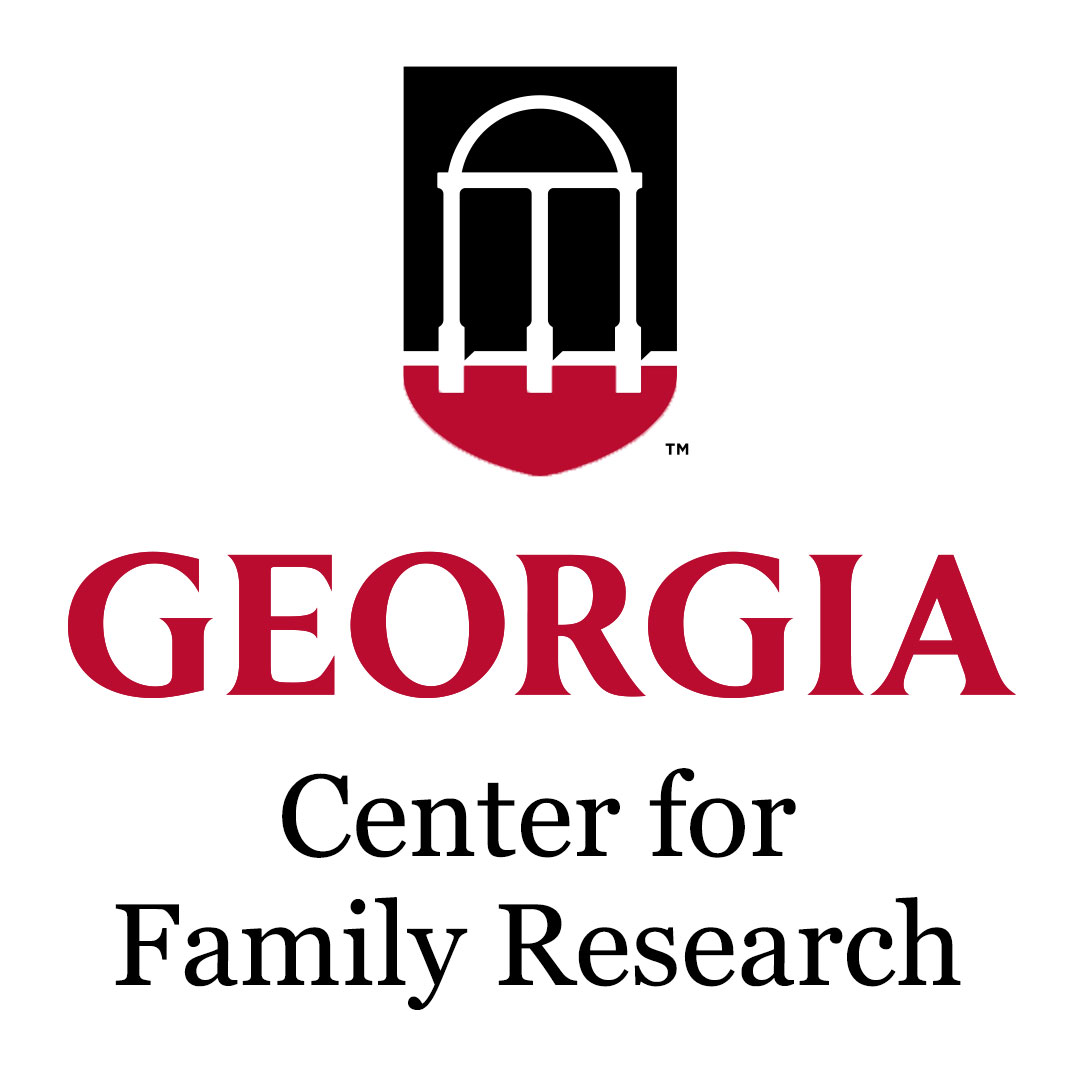About Us

Why do we focus on Black families?
Black individuals in the United States experience many disparities, including physical and mental health and socioeconomic wellbeing. These disparities are magnified in the Southeastern United States which, as a region, is home to 58% of the nation’s Black population. Approximately 29% of Black children in Georgia live in poverty. The challenge of overcoming the environmental obstacles associated with poverty and chronic economic stress is exacerbated by oppressive social structures and racial discrimination. Many Black American families in Georgia thus live with chronic economic and social stress that undermines their physical and mental health, and personal development.
The Center for Family Research (CFR) has been funded with support from the National Institutes of Health (NIH) continuously since 1995 to advance next-generation basic and preventive investigations of risk, resilience, and physical and mental health among Black Americans in this region. More than 7,000 Black American individuals have participated in our basic research on development and health, and our translational research has used these findings to develop preventive interventions for Black families.
Our studies have garnered more than $100m in funding for research and randomized prevention trials at the University of Georgia. Currently CFR is funded by NIH research and infrastructure grants, foundation, and state funding. Faculty researchers from Psychology, Human Development and Family Science, Sociology, and Health Promotion & Behavior implement their research at CFR, and several dozen full and part-time research and administrative staff work to implement these projects.
Read more about our history and a message from our director.
Sign up for our occasional email newsletter to find out what’s new at CFR.
